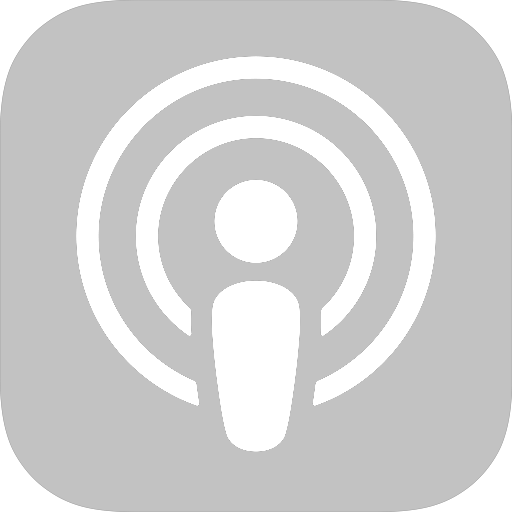Explore
Search results


The rapid development of the Covid-19 vaccine and the ramp-up of manufacturing and global distribution were unprecedented feats of medical coordination. But those on the inside say it could have gone even smoother and faster, and if we implement the lessons learned we’ll be in much better shape if another pandemic hits. Unfortunately, most global leaders seem to want to ju...


People and families suffering from Alzheimer’s and dementia often feel desperate for a cure and will try anything. Unfortunately, no cure exists and not a single treatment has been shown to reverse the effects of these brain diseases once they’ve started. Millions of Americans are afflicted by Alzheimer’s and dementia, and dishearteningly, the numbers are growing. But stud...

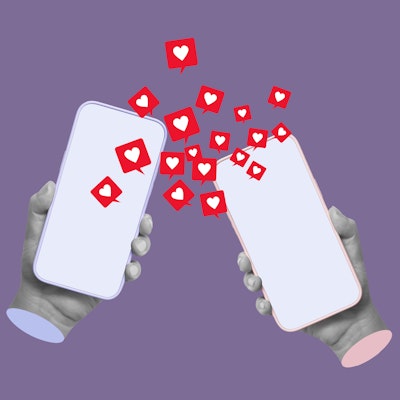
After millennia of human existence, we’re still figuring out and talking constantly about one of our most fundamental behaviors – sex. Despite the sexual revolution of the 60s and 70s and the growth of sex positivity in recent decades, a lot of people still report having a lot of bad sex. The reasons for that are varied and multiple, but culture has a role to play, and we...


When Duke divinity school professor Kate Bowler wrote her best-selling memoir, “Everything Happens for a Reason (and Other Lies I’ve Loved),” she was grappling with the consequences of a shocking cancer diagnosis. Many of the common messages about hardship, tragedy and success that she’d grown up hearing – and even studied as a religious scholar – no longer seemed to make...


For adults, the pressure to drink at social engagements, work events, restaurants or almost anywhere outside the home can feel constant. Recent research has found that “no amount or kind of alcohol is good for your health,” and a wide variety of health problems can be linked to drinking. The growing “sober curious” movement offers people a way to think about cutting down o...

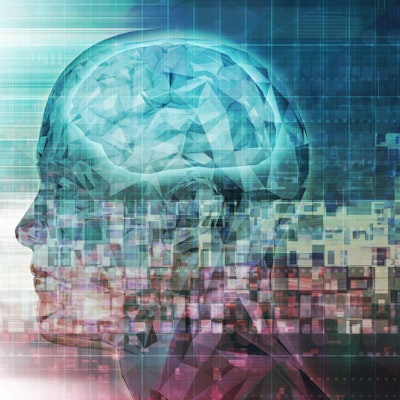
A technological future where our brain waves could be monitored and our thoughts decoded and analyzed — sometimes against our will — is not as far away as we think. But our existing legal protections and conception of human rights around cognitive liberty are trailing innovations in neurotechnology. Brain hacking tools and devices could bring massive benefits, for people s...


The age of technology and the internet provides constant easy access to sexual content and information about sex, for all tastes and curiosities. But survey data show that young people are having less sex than people of previous generations did at their age, and the experts are trying to figure out why. In this 2019 talk from the Aspen Ideas: Health archives, three profess...


A traumatic event can literally change the way our brain functions, and live on in our body in unexpected ways. The field of psychiatry has not always acknowledged or fully studied the physical impacts of trauma, and mental health practitioners are often not aware of appropriate treatments for traumatized patients. Psychiatrist Bessel van der Kolk has been researching trau...
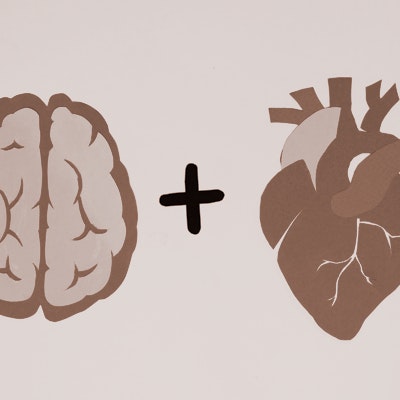

What is it that pulls one person toward another, and connects them? What does love and attraction do to our brain, and vice versa? Biological anthropologist Helen Fisher has been studying questions of love and relationships for over 40 years. Through detailed data collection, research questionnaires and even brain scans, she has collected massive amounts of information on...

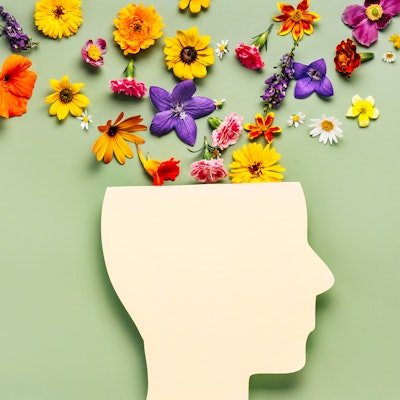
Kids growing up in the U.S. today are facing some terrifyingly real, daunting problems. Almost every day, they hear about political polarization, racism, climate change, gun violence and a host of other complex societal issues. They’re learning how to comprehend those challenges and the emotions they evoke at the same time they’re trying to learn everything else, and that...


Despite the deeply tragic, terrifying and high-profile nature of gun violence, the United States has not been able to make significant progress on the problem. The arguments on all sides are exhaustingly familiar, and so is the lack of governmental and societal action. In the meantime, more and more people are dying—researchers say more than 45,000 a year. A group of passi...


The pain and discomfort brought on by a newly-developed chronic illness can be exhausting. On top of symptoms, millions of people also have frustrating and belittling encounters with the medical system while on a quest to diagnose and treat their illnesses. Journalist Meghan O’Rourke was one of them, and it took her more than a decade to convince a doctor to run the tests...


Psychedelics are emerging from a period of prohibition and association with counterculture into the rigorous world of medical research and treatment. The potential outcomes for people suffering from difficult-to-treat mental ailments, such as PTSD and depression, are exciting, but the landscape is complex. The line between recreational and therapeutic use is muddy, and pro...


Cybersecurity gaps in the technological systems that run our lives are becoming more and more apparent. Hardly a day goes by that we don’t hear about another major institution hit with an attack. Many hospitals and healthcare organizations have suffered interruptions of service because of cyber hacks and ransomware, and the consequences for patients can literally be life o...


Robots as caregivers? Meet “Pepper,” a robot that can tell a joke, recognize emotions and help people remember special times in their lives. Professor Arshia Khan of the University of Minnesota Duluth spoke at Aspen Ideas: Health.


So much of adult life is about learning the rules and then using those rules to navigate the world. We become certain that we know what we know — that we’re right, and we’re safer and more secure that way. But certainty, argues neuroscientist Beau Lotto, might actually be one of society’s biggest sources of emotional and physical unwellness. Certainty causes us to have les...


People often talk about maintaining their physical health but brain health is an afterthought. It turns out brain fitness at any age heightens and protects brain function and can even prevent brain disease. Sanjay Gupta, author of Keep Sharp: Build a Better Brain at Any Age, Maria Shriver, founder of the Women’s Alzheimer’s Movement, and Natalie Morales, West Coast anchor...


The reversal of Roe v. Wade would make it difficult or impossible for millions of people to obtain abortions, but would also open the doors to criminally prosecute people who seek or obtain an abortion. And in our technological age, that criminalization brings new, frightening opportunities for digital surveillance by law enforcement agencies or anti-abortion vigilantes. I...


Longtime food journalist Mark Bittman says America's food system needs to be reimagined so land is used fairly and well and people have access to food that promotes health, not illness. His latest book, "Animal, Vegetable, Junk: A History of Food, from Sustainable to Suicidal," tells the story of humankind through the lens of food. The frenzy for food has driven human hist...

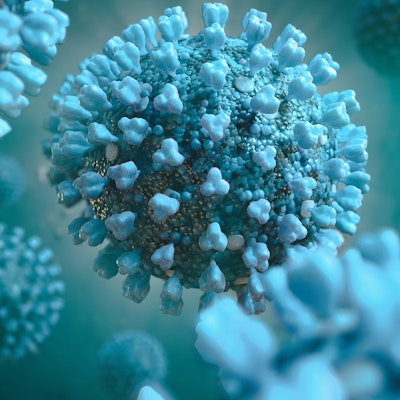
Quick Take is a weekly dose of ideas and insights delivered in short form. Today’s episode features Gayle Smith, the State Department’s coordinator for the global response to Covid-19. Watch her full conversation from the Aspen Security Form. The talk was co-presented with the Aspen Institute Health, Medicine, and Society Program. https://www.youtube.com/watch?v=LYXL0Ppkv...


